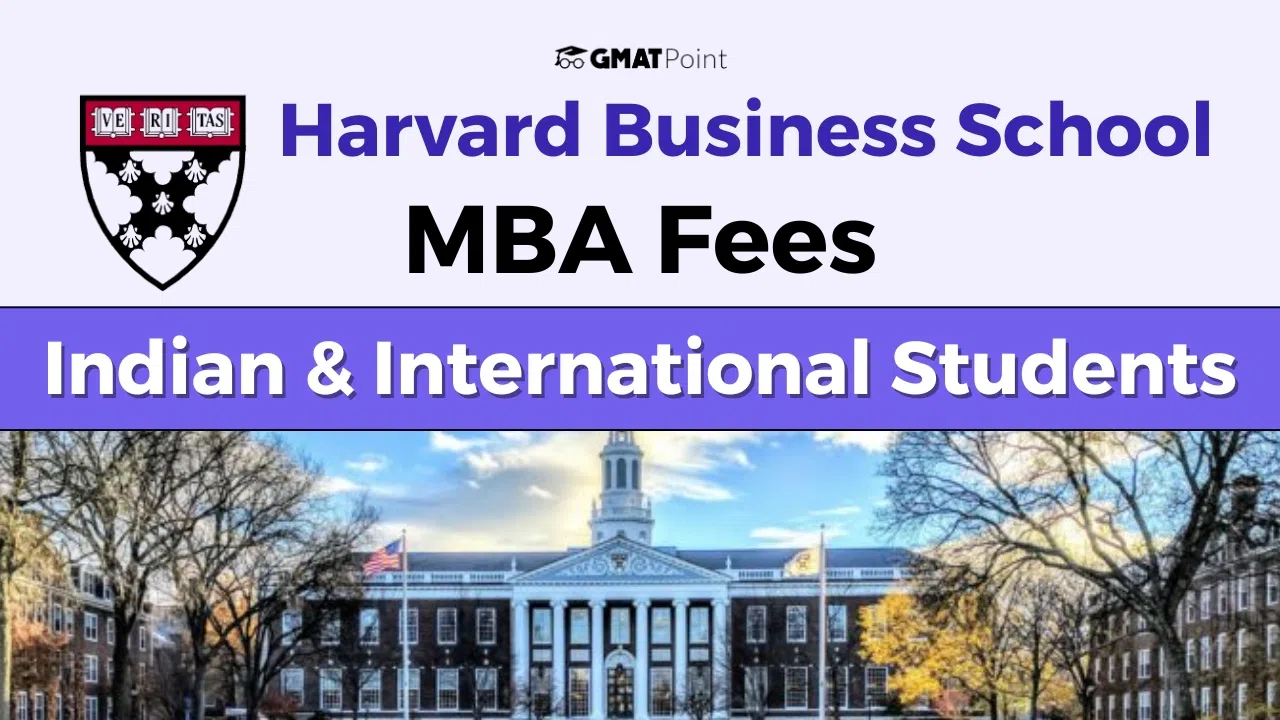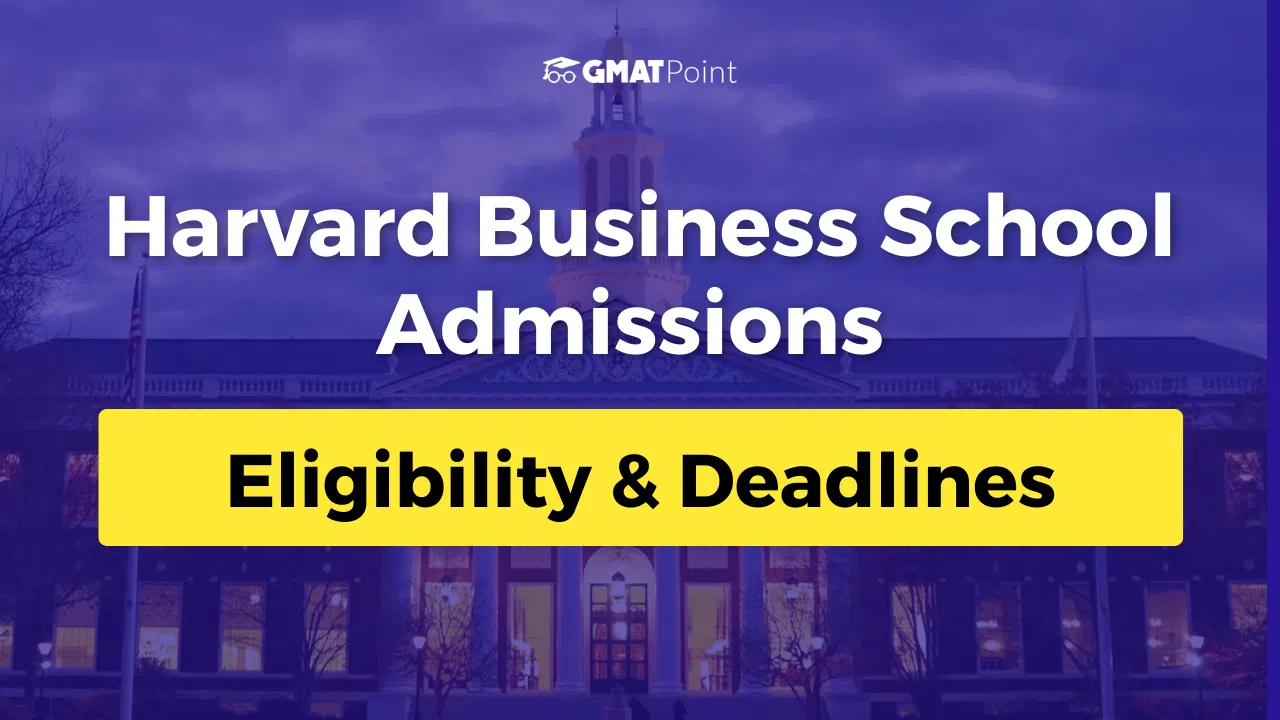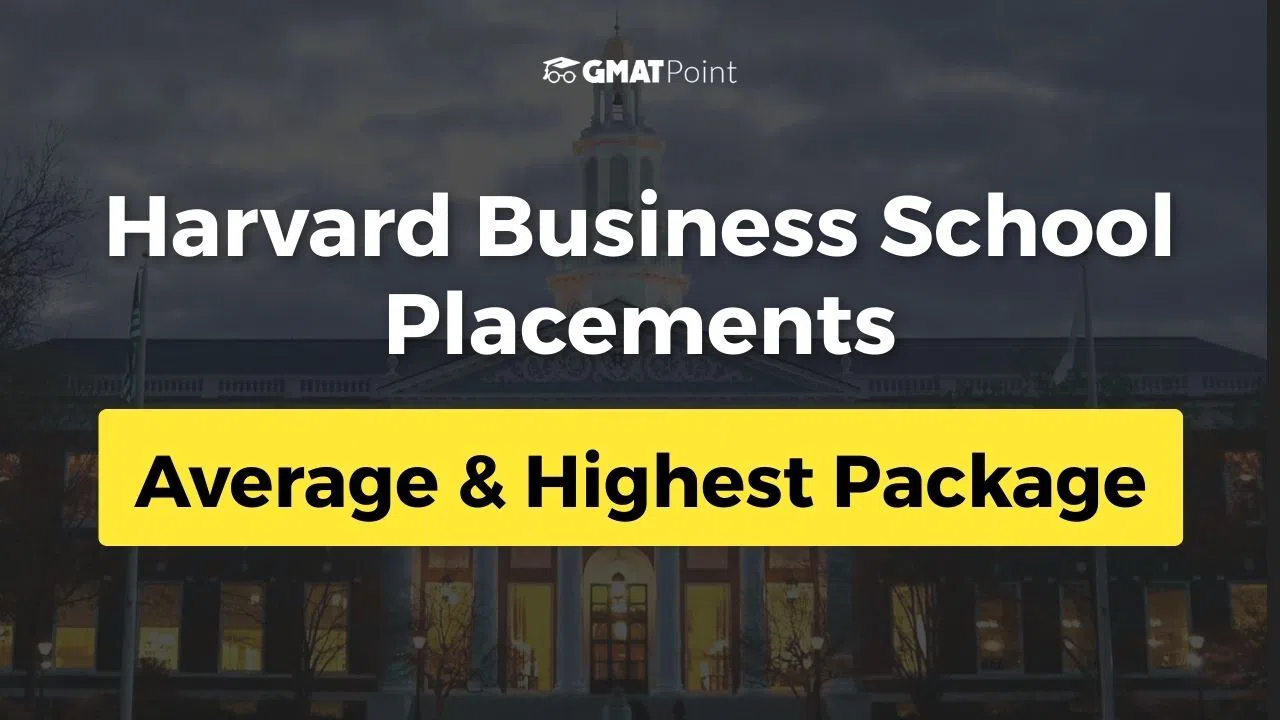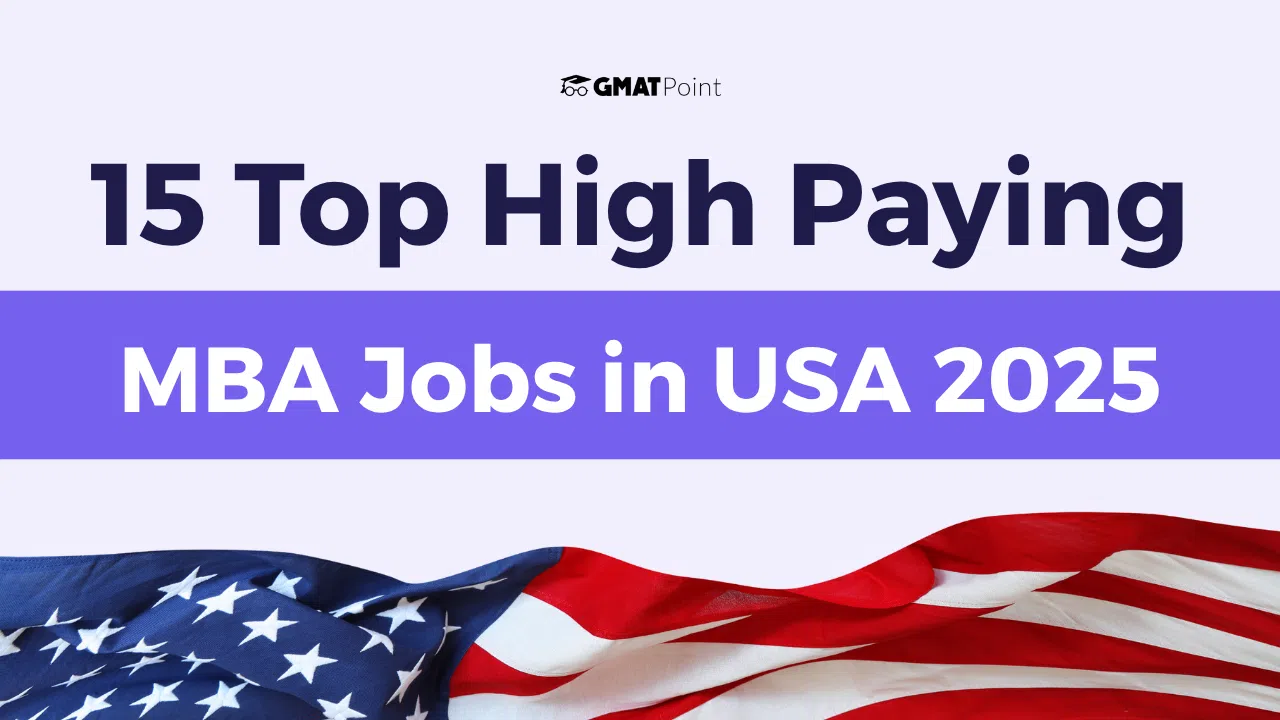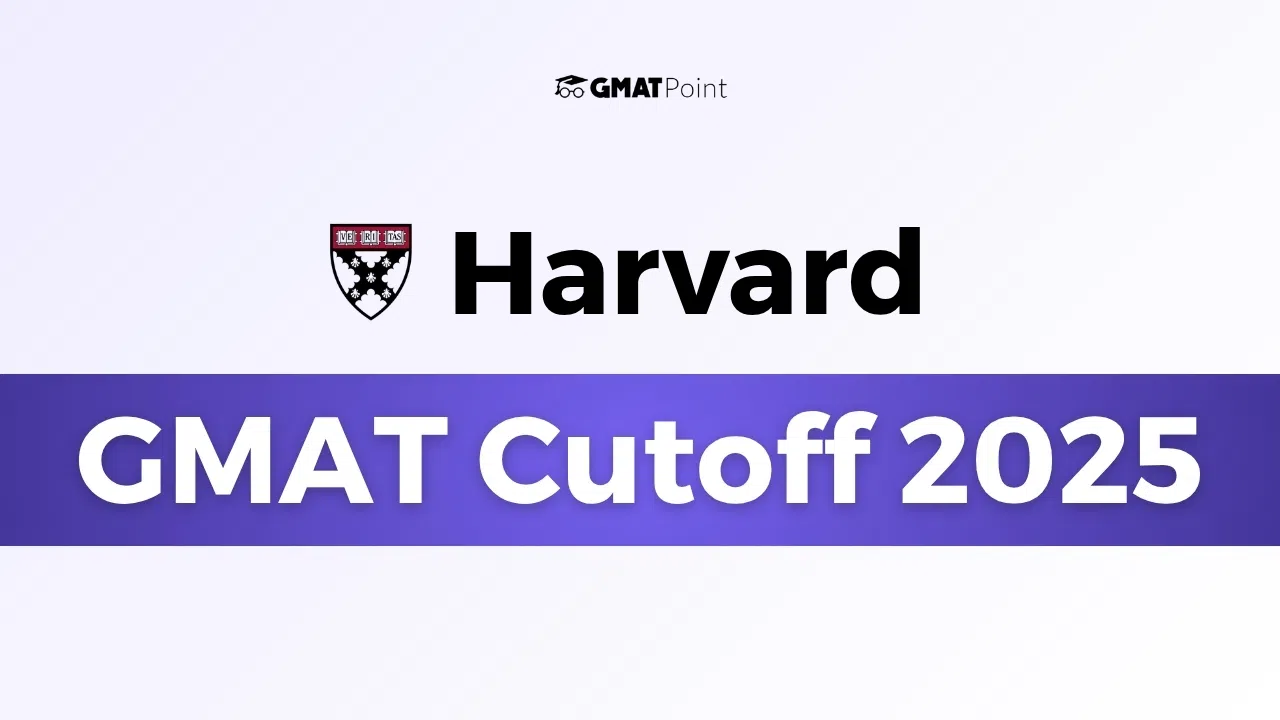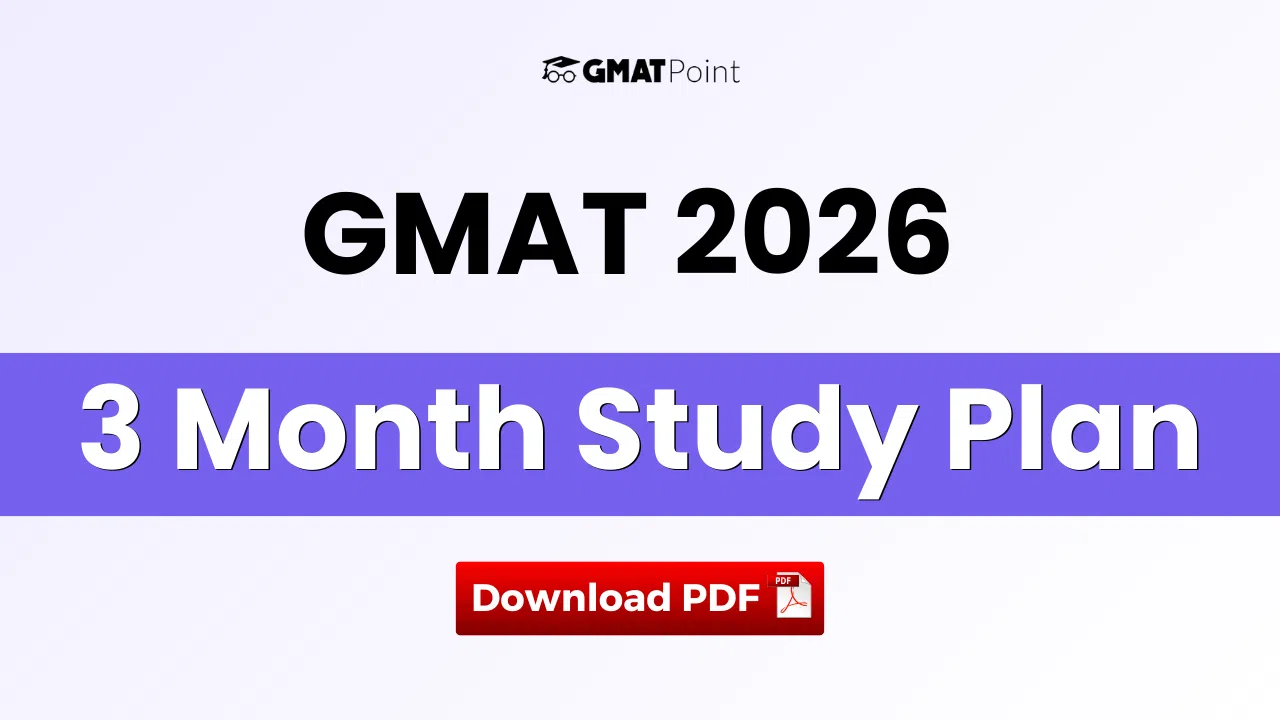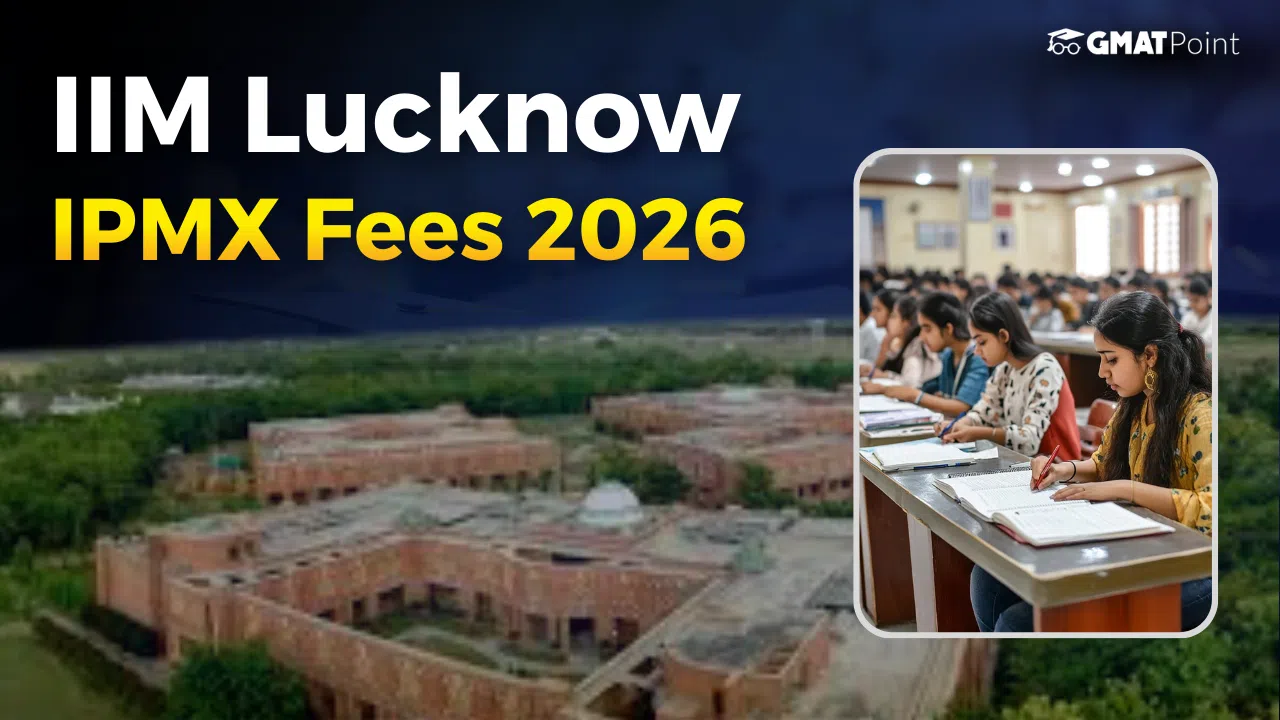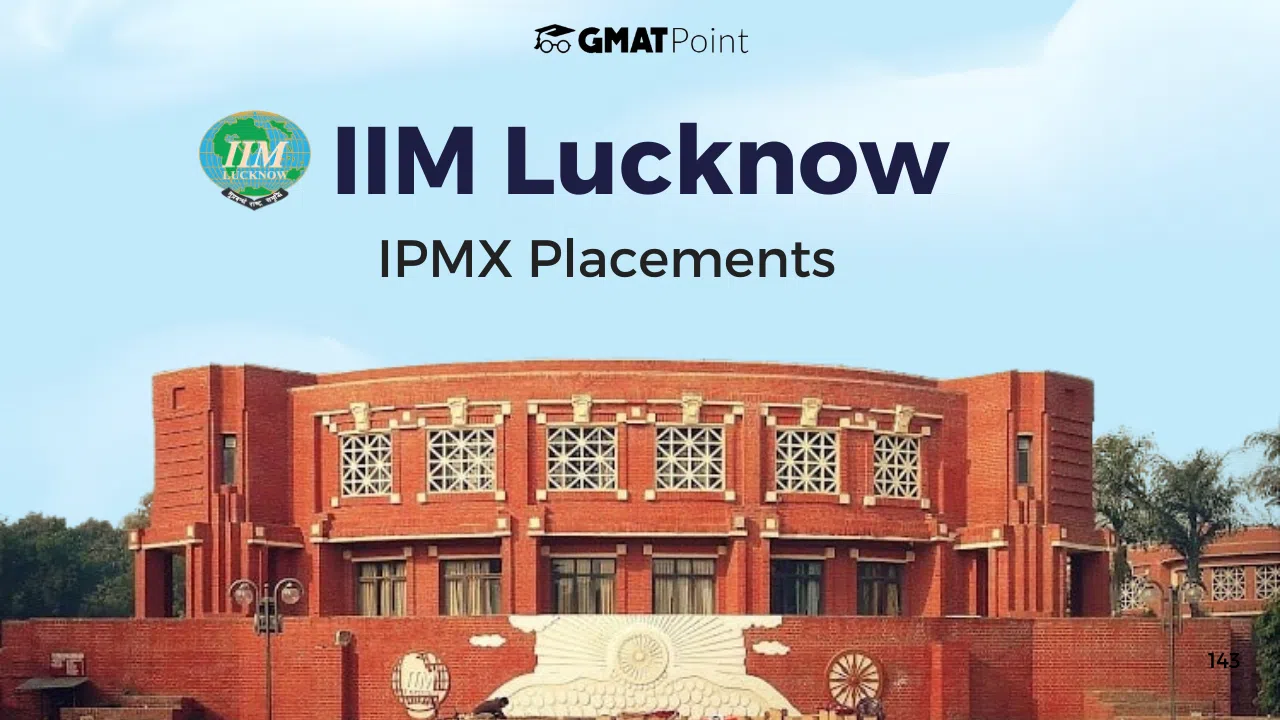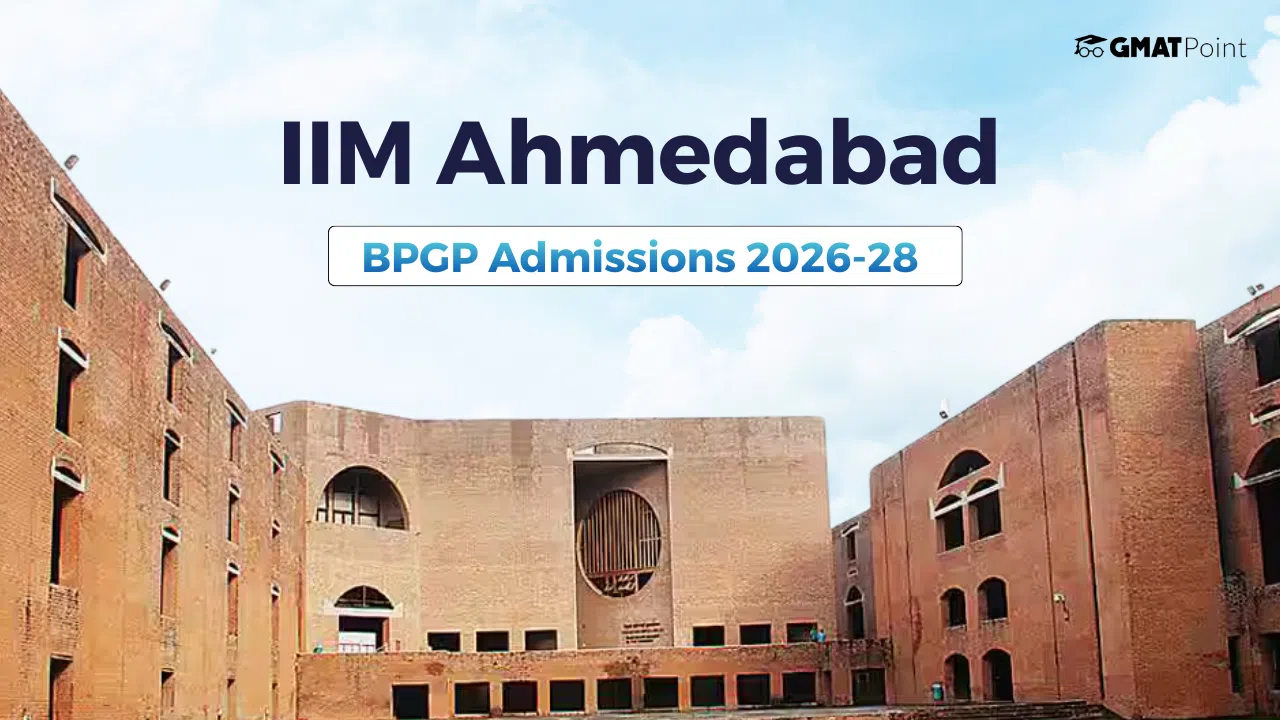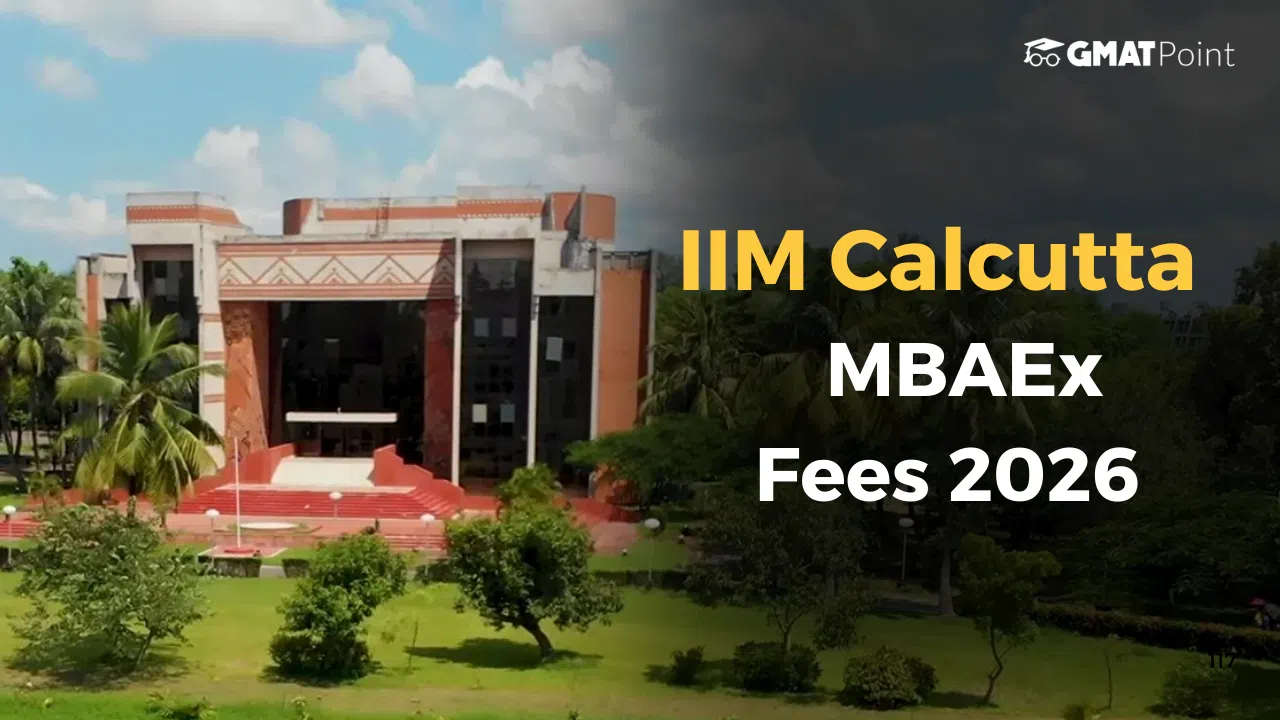Harvard Business School MBA Fees: Getting an MBA from Harvard is a big financial step. The cost is more than just tuition. It includes fees, living expenses, and books. Understanding the total Harvard MBA fees is critical for anyone thinking of applying for the MBA program. For the 2025-2026 school year, tuition is $78,700. But that's just the beginning.
The key is knowing the difference between the official price and the actual cost. The good news is that Harvard Business School (HBS) has a strong financial aid program. It is need-based. This makes the MBA possible for students from all financial backgrounds. About 50% of MBA students receive a need-based scholarship from HBS. The average scholarship over two years is $46,000 - $92,000. This changes everything for many students.
Also take, Free GMAT Mock Test
Harvard MBA fees
The first step in planning is to look at the official Cost of Attendance (COA). This estimate covers all expenses for one student for a nine-month school year. It gives a clear baseline for the total Harvard University MBA fees. Here is the budget for a single student for the 2025-2026 academic year.
CostComponent | 9-MonthBudget(2025-2026) |
Tuition | $78,700 |
Course & Program Materials Fee | $2,800 |
HUHS Student Health Fee (SHF) | $1,800 |
Student Health Insurance Plan (SHIP) | $4,308 |
Housing | $18,900 |
Food | $9,100 |
Transportation | $2,360 |
Other Living Expenses | $8,568 |
Total Annual Cost | $126,536 |
These numbers tell a story. The total cost is rising. It went from $111,542 in 2022-2023 to a projected $126,536 for 2025-2026. But what is driving this increase?
Not tuition. Over a recent four-year period, tuition only went up by 7.2%. Other costs grew much faster. The HUHS Health Fee jumped 45%. Housing costs rose 31.8% in the same period. This is expected data that we received from different surveys. This means outside factors are pushing the price up. Things like the Boston housing market and healthcare costs. For applicants, this means budgeting for living expenses is just as important as planning for tuition.
Also Check, GMAT Syllabus 2025, Exam Pattern, Section-Wise Syllabus PDF
Harvard Business School Fees
The cost of attendance is not one-size-fits-all. It changes based on your life. For students with partners or children, the Harvard Business School Fees are much higher. Why? The primary reasons are mandatory health insurance for dependents and the need for larger, more expensive housing.
This table illustrates the impact of family size on the budget for the 2025-2026 school year.
Profile | Single | Married | MarriedwithOneChild | MarriedwithTwoChildren |
Tuition | $78,700 | $78,700 | $78,700 | $78,700 |
Dependent Health Insurance | $0 | $9,892 | $14,994 | $17,562 |
Housing | $18,900 | $28,980 | $37,800 | $37,800 |
Total COA | $126,536 | $152,962 | $171,902 | $178,514 |
The data is clear. The annual cost for a student with a spouse and two children is over $51,000 more than for a single student. This isn't about spending choices. It's about fixed costs. Harvard requires health coverage for everyone, which can cost up to $17,562 for a family.
Finding family-sized housing in Boston also costs a lot more. The result? A much higher financial hurdle for students with families. HBS aid does consider dependents, but these students must be ready to use more savings or take out larger loans.
Harvard Business School MBA fees
To see the full picture, you have to look at the entire two-year program. The total estimated cost for a two-year MBA at Harvard is about $253,000. This is the official price. It's the cost before any financial aid. The actual Harvard Business School MBA fees a student pays, the "net cost," is usually much lower. This is because of Harvard's generous need-based aid.
HBS financial aid is a core part of its philosophy. The goal is simple. Any admitted student can attend, no matter their financial situation. The numbers speak for themselves.
- Total Aid: In Fiscal Year 2024, HBS awarded $52 million in need-based scholarships.
- Student Reach: About 50% of all MBA students get a need-based scholarship.
- Average Scholarship: The average award is $46,000 a year. That's $92,000 to $93,000 over two years.
- Full Tuition Support: 10% of students with the greatest need get full-tuition scholarships.
- Typical Award: Most scholarships are between $30,000 and $70,000 per year.
By offering millions in aid, HBS can pick the best candidates from anywhere in the world. This creates a diverse student body, which makes the classroom experience better for everyone. The financial aid budget is an investment in the quality of the school itself.
Also Check , GMAT Sample Paper 2025, Practice Tests With Solutions PDF
Harvard MBA fees for Indian students
For applicants from India, financial planning starts early. There are several costs on top of the official school budget. Understanding these extra costs is key to figuring out the true Harvard MBA fees for Indian students. These are required costs that you have to pay upfront.
- U.S. Student Visa Fees: The visa process has several fees you can't get back. The F-1 visa application costs $185 (about ₹15,540). The required SEVIS fee is $350.
- Airfare: A one-way flight from a city like Delhi or Mumbai to Boston can vary a lot. It could be as low as $747 (₹66,000) or more than $1,300.
- Health Insurance: International students must have health insurance. This cost is already included in the official HBS budget, so you don't need to add it again.
Indian students also have to follow rules for sending money abroad. The main way to do this is the Liberalized Remittance Scheme (LRS). It's run by the Reserve Bank of India. Under LRS, a person can send up to $250,000 each financial year for education. This is enough to cover the full annual cost at HBS. Also, be aware of the rules for carrying cash. You can only carry up to
$3,000 in cash on a trip. For big payments like tuition, it's best to use secure methods like wire transfers or forex cards.
Harvard MBA Fees for International Students
A core principle at Harvard Business School is fairness. The financial aid system is citizenship-blind. This means international students get the same access to need-based aid as U.S. citizens. The Harvard MBA Fees for International Students are assessed based on need, not where you come from. This creates a level playing field for everyone.
What if savings and scholarships don't cover everything? International students have loan options. The options depend on if you have a co-signer in the U.S.
- With the U.S. Co-signer: Having a creditworthy U.S. citizen co-sign your loan opens up more options. You can often get better interest rates.
- Without a U.S. Co-signer: Options are more limited, but they exist. Some lenders specialize in loans for international students without a co-signer. HBS points admitted students to online tools to find these lenders.
- Home Country Loans: Many students also get educational loans from banks in their home country.
This "need-blind" approach is a powerful way to get global talent. For a student from a country with a weaker currency, a U.S. MBA can seem impossible. By making its entire $52 million aid budget available to all students, HBS sends a clear message. The best and brightest are welcome, no matter their financial situation. The impact? A truly global classroom filled with future leaders.
Also Check, GMAT Daily Targets
Harvard MBA scholarships for Indian students
For Indian applicants trying to manage the Harvard MBA fees, the main source of help is the HBS need-based scholarship. This isn't a separate application. It's a grant based on your financial situation. Once you're admitted, you fill out a financial aid application. You are automatically considered. With 50% of students getting aid and an average award of $93,000, this is the biggest financial resource available.
Beyond the main HBS grant, other fellowships and scholarships can help. These can reduce the amount you need to borrow.
Scholarship/Fellowship | Description&Amount | TargetAudience |
Boustany MBA Harvard Scholarship | Gives $102,200 over two years for tuition. Includes a two-month internship. | International students, with a preference for those of Lebanese descent. |
Aga Khan Foundation Scholarship | A 50% grant and 50% loan to cover tuition and living costs. | Students from developing countries, including India. |
Robert S. Kaplan Life Sciences Fellowship | Offers up to $20,000. | Students with a background in life sciences. |
Horace W. Goldsmith Fellowship | Gives $10,000. | Students who have worked in the nonprofit sector. |
John C. Phelan Forward Fellowship | The amount varies. Supports students for over two years. | Students from lower-income backgrounds. |
Inlaks Shivdasani Foundation Scholarships | The amount varies. Gives grants for university education abroad. | Indian citizens. |
The financial aid process is separate from admissions. This is important. You must get into the MBA program first. After you get an offer, you can access the financial aid application. This application requires detailed financial information. You'll need tax returns from the last three years. Filling this out on time is the key to getting the financial support HBS offers.
